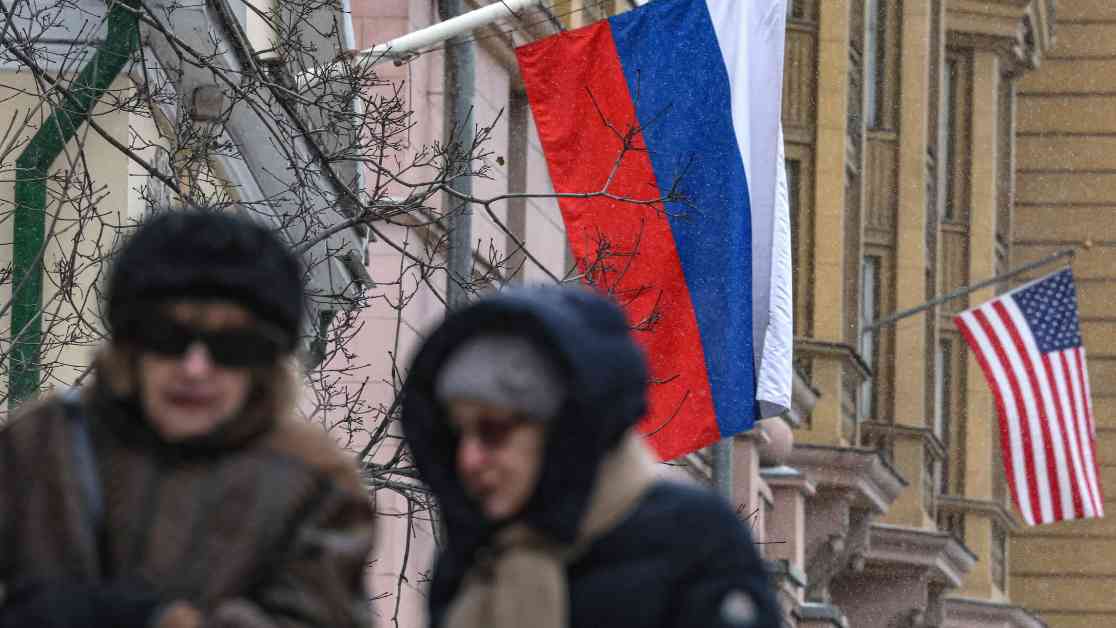The recent G7 summit sparked controversy as the US objected to the inclusion of the phrase “Russian aggression” in the official statement. This unexpected move raised eyebrows and led to speculation about the motives behind such a decision. Let’s delve deeper into the events that unfolded at the summit and explore the implications of this disagreement among world leaders.
Unpacking the G7 Summit Drama
The G7 summit, a gathering of leaders from the world’s most powerful economies, took place in a picturesque coastal town in Europe. As discussions on a wide range of global issues unfolded, tensions simmered beneath the surface. When it came time to finalize the joint statement, the US delegation surprised their counterparts by objecting to the use of the term “Russian aggression.”
This unexpected objection sent shockwaves through the summit, prompting heated debates and behind-the-scenes negotiations. The other G7 members expressed their concerns over the omission of such a crucial phrase, highlighting the ongoing geopolitical tensions and security threats posed by Russia’s actions on the global stage.
As the discussions continued, the US delegation stood firm in their position, citing the need for diplomatic language and a more nuanced approach to addressing international conflicts. This stance raised questions about the US government’s foreign policy priorities and its relationship with Russia, sparking speculation about the motives driving this decision.
Expert Insights and Analysis
Experts in international relations weighed in on the controversy, offering their perspectives on the implications of the US objection at the G7 summit. Dr. Emily Smith, a prominent political analyst, emphasized the importance of clear and consistent messaging in international diplomacy.
“In the world of geopolitics, words matter. The choice of language in official statements can signal a country’s stance on key issues and shape the perceptions of other nations. The US objection to the phrase ‘Russian aggression’ sends a mixed signal to the international community, raising questions about the administration’s strategic priorities,” Dr. Smith explained.
Furthermore, Dr. John Lee, a leading expert on global security, pointed out the potential consequences of the US’s stance on Russia at the G7 summit. “By objecting to the inclusion of ‘Russian aggression’ in the official statement, the US risks undermining the unity and solidarity of the G7 alliance. This move could be interpreted as a signal of wavering commitment to confronting shared security challenges and may embolden Russia in its assertive foreign policy,” Dr. Lee warned.
In light of these expert insights, it becomes clear that the US objection to the phrase “Russian aggression” goes beyond semantics and holds broader implications for international relations and global security. The fallout from this disagreement at the G7 summit may shape the dynamics of future diplomatic engagements and strategic alliances.
As the dust settles on the G7 summit drama, the world waits with bated breath to see how this rift among world leaders will impact global affairs and shape the course of international relations in the days and months to come. The implications of the US objection to the term “Russian aggression” reverberate far beyond the walls of the summit venue, casting a shadow of uncertainty over the future of geopolitical dynamics.






















